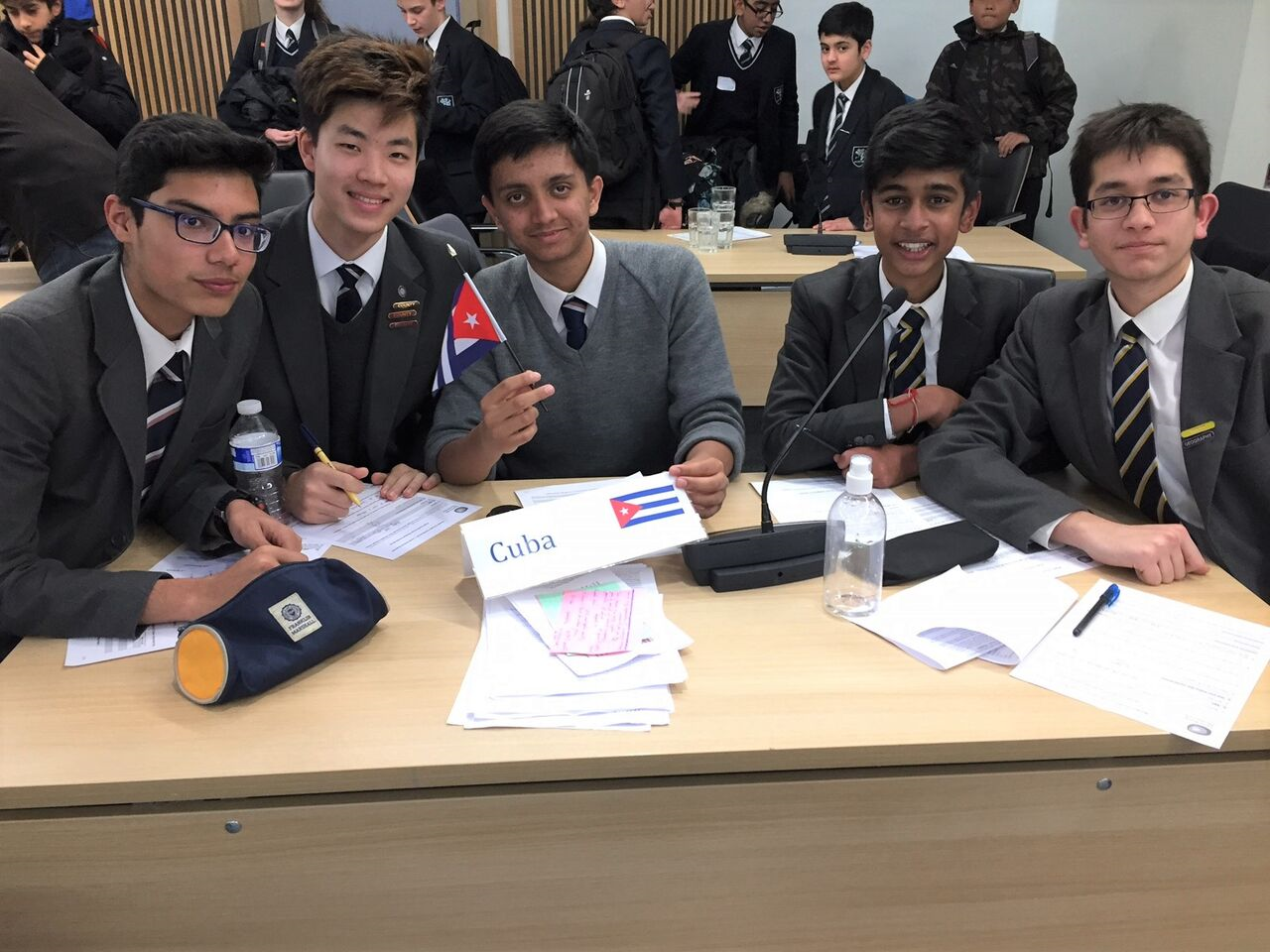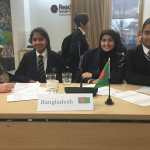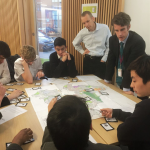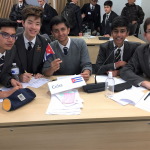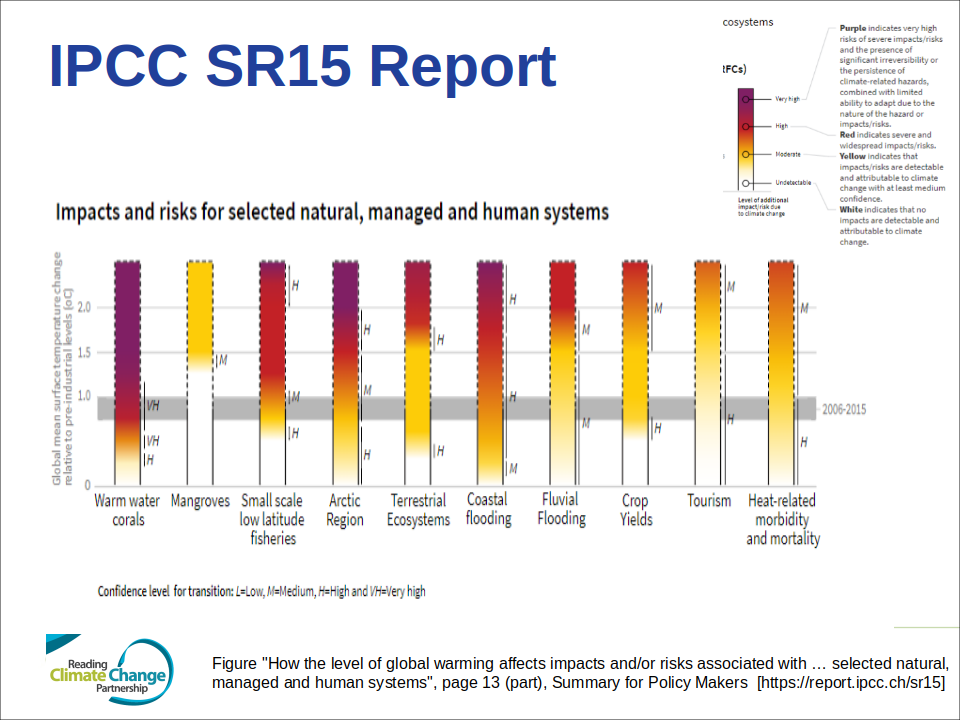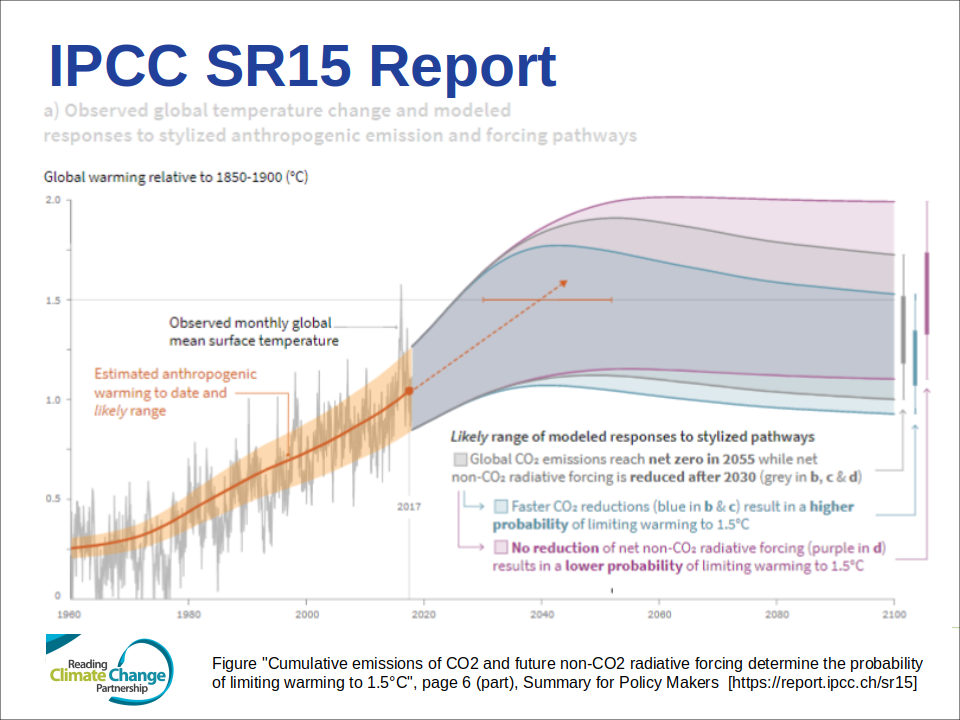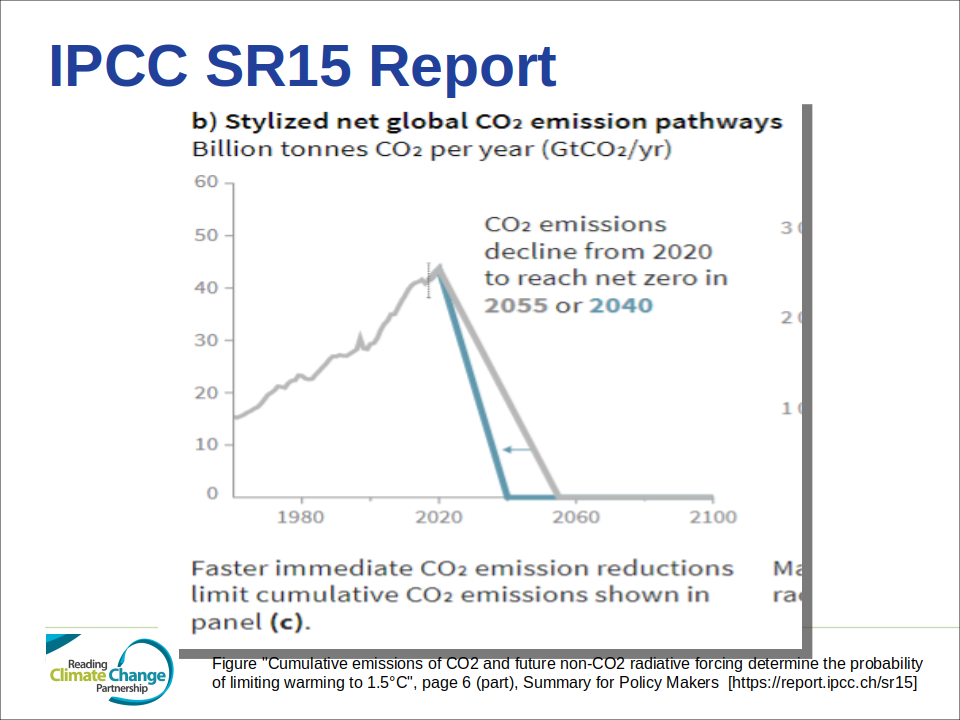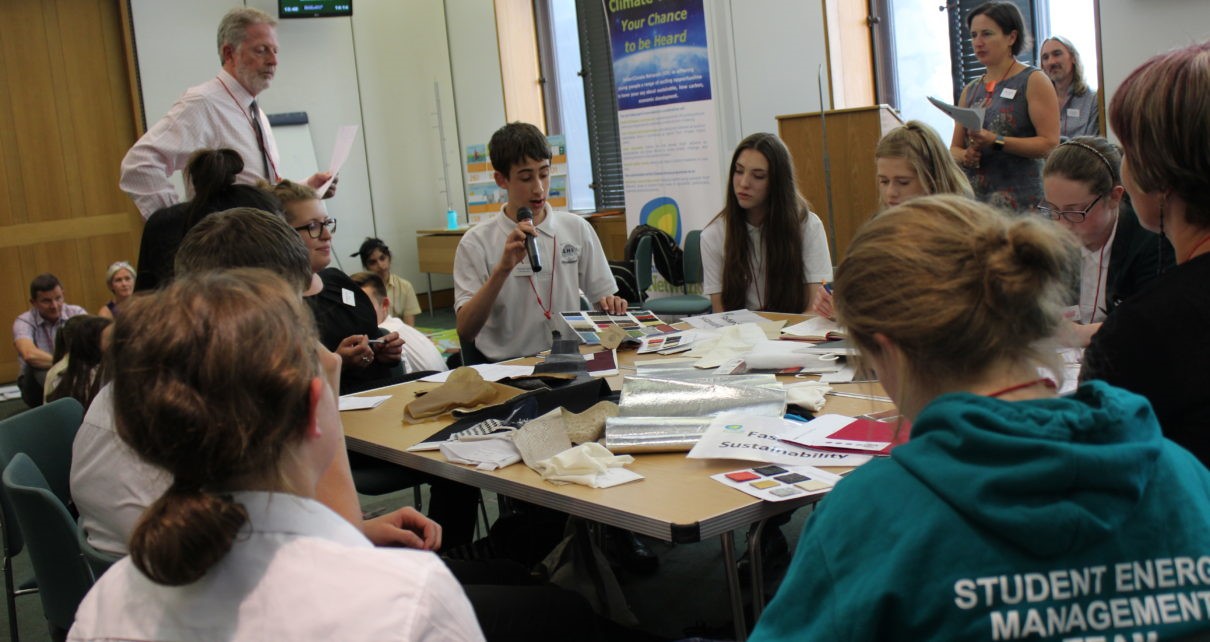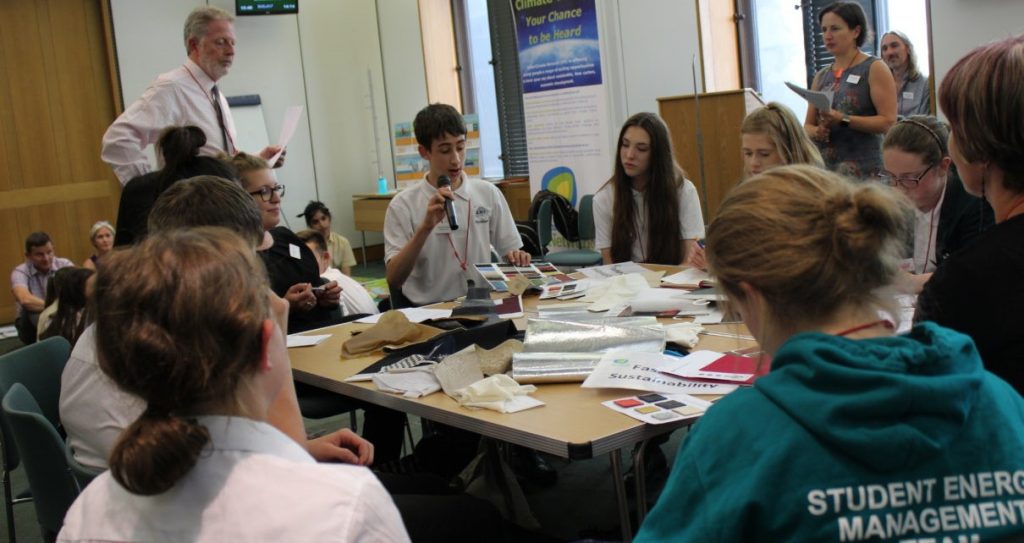190 countries will meet in Katowice, Poland in December for the annual UN Climate Conference, COP24 and it must get results on action towards all countries’ Paris Agreement targets.
Teams of students from six local secondary schools will also meet on 5th December to carry out their own debate on progress towards the Paris Agreement and try to negotiate raising ambition for more action.
They will represent 14 different countries from Fiji to the USA. As in the real COP24, the country teams will have a significant challenge as a summary produced by the organisers, InterClimate Network, shows that progress towards Paris targets has been slower than the world needs.
In the second part of the afternoon, local sustainability leaders and active organisations will work with students in mini-workshops linked directly to RCAN’s themes. We want students to be encouraged to generate their own pledges and inspired to take on their own climate action back at school.
Thanks go to the Mayor of Reading and Reading Borough Council for hosting this event and to Reading Climate Change Partnership and RBC’s Sustainability Team for their active support.
| School | Countries |
|---|---|
| The Bulmershe School | Bangladesh, Indonesia and Australia |
| Highdown School | Fiji and USA |
| Kendrick School | EU/Poland, India and Nigeria |
| Maiden Erlegh School in Reading | Cuba and UK |
| Prospect School | Kenya and China |
| Waingels College | Brazil and Russia |

